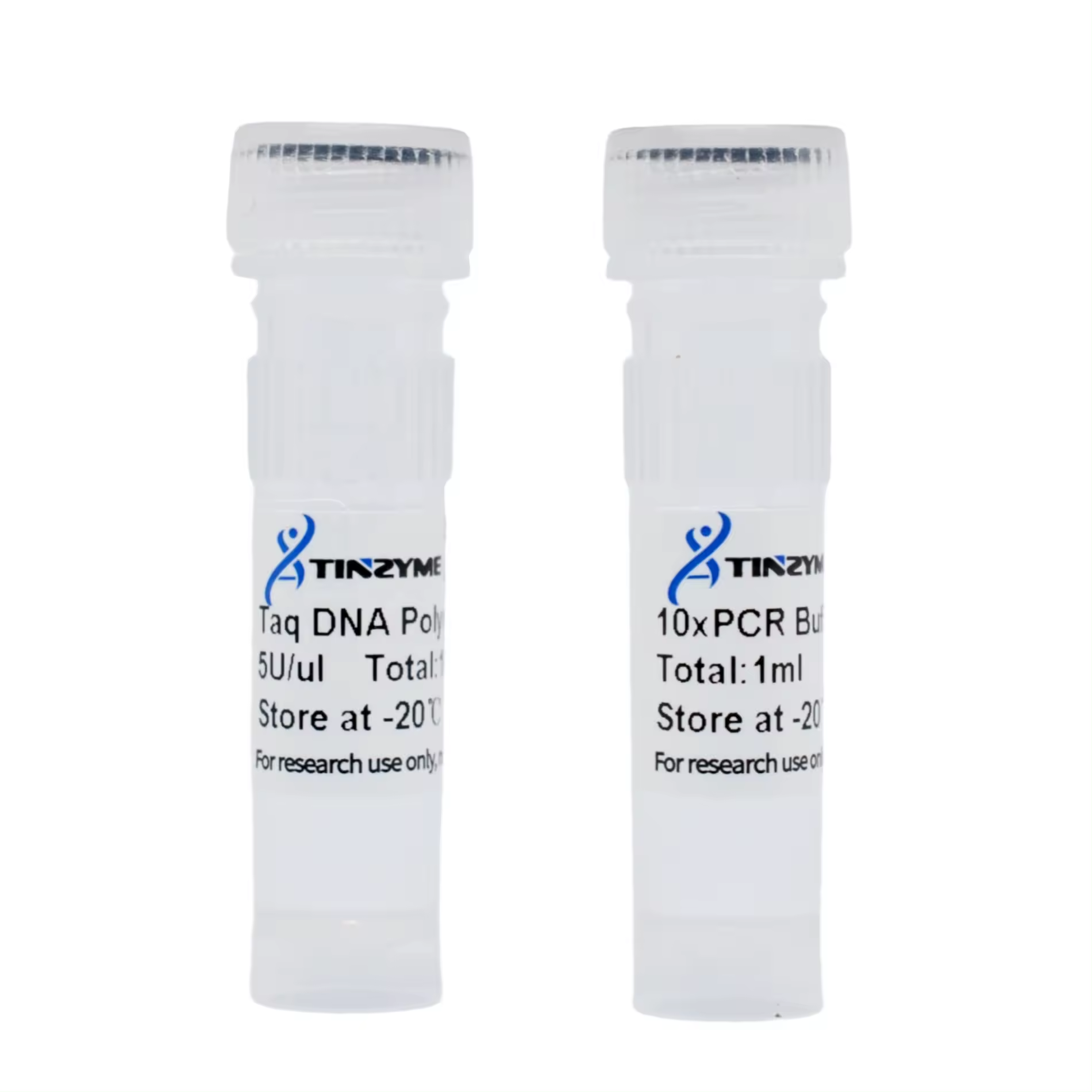Taq DNA Polymerase: Molecular Biology and Diagnostics
Molecular biology and genetic research was revolutionized by Taq DNA Polymerase, a thermostable enzyme. It is derived from the hyperthermophilic bacterium Thermus aquaticus, this polymerase having unique capability to withstand high temperatures without reduction in its functionality which has lead to its being used in Polymerase Chain Reaction (PCR) technology extensively.
The discovery of Taq DNA polymerase in the early 1980s by scientists Kary Mullis and colleagues at Cetus Corporation heralded a new era in DNA amplification and analysis. This finding was so momentous that it won Kary Mullis the Nobel Prize in Chemistry in 1993.
In PCR, Taq DNA polymerase functions best at about 72°C which coincides exactly with thermal cycling process required for it. During PCR cycles, denaturation of double-stranded DNA templates occurs at high temperatures, followed by synthesis of new complementary strands by Taq DNA polymerase as temperature cools down resulting into doubling up of the amount of the target sequence during each cycle.
Taq DNA polymerase is hardy and exacting therefore often utilized outside basic research activities. In forensics science for instance, even trace amounts can be amplified for identification purposes using it. It aids detection of genetic disorders as well as diseases causing microorganisms or mutations associated with them hence plays roles in medical diagnostics. Further still, its use also extends to agriculture such as crop species identification and improvement on genetic traits.
However widespread their use may be, there are certain limitations associated with Taq DNA polymerases. One common issue is that the enzyme tends to introduce errors while replicating hence producing mutated copies instead of originals. High Fidelity Taq polymerases have been developed by researchers to combat this problem but they have lower efficiency though improved accuracy compared HFiTQ an example of such variant.
Improvements in the enzymatic technology have also resulted in the development of other thermostable polymerases like Pfu (from Pyrococcus furiosus) and Vent (from Thermococcus litoralis), each with its own benefits and trade-offs. Nevertheless, among these new enzymes, Taq DNA polymerase is still considered as being the standard to compare against.
To sum up, Taq DNA polymerase serves as a testament to the power of scientific innovation and its far-reaching implications across various disciplines. Not only has this made complex DNA manipulations simple but it has quickened research while facilitating rapid diagnostics plus therapeutic monitoring too. As molecular biology continues to evolve, Taq DNA polymerase will remain a cornerstone in the arsenal of tools that drive our understanding of life's most fundamental molecule: DNA.


 EN
EN
 AR
AR
 BG
BG
 CS
CS
 NL
NL
 FR
FR
 DE
DE
 EL
EL
 HI
HI
 IT
IT
 JA
JA
 KO
KO
 PL
PL
 PT
PT
 RO
RO
 RU
RU
 ES
ES
 SV
SV
 TL
TL
 IW
IW
 ID
ID
 SL
SL
 UK
UK
 VI
VI
 ET
ET
 HU
HU
 MT
MT
 TH
TH
 TR
TR
 FA
FA
 AF
AF
 MS
MS
 GA
GA
 AZ
AZ
 UR
UR
 BN
BN
 MN
MN
 MY
MY
 UZ
UZ
 KU
KU
